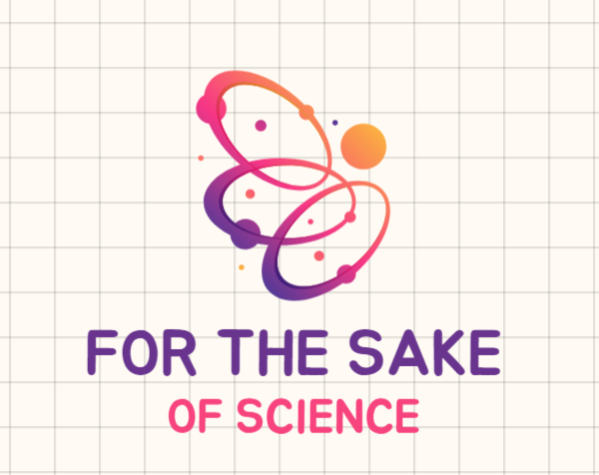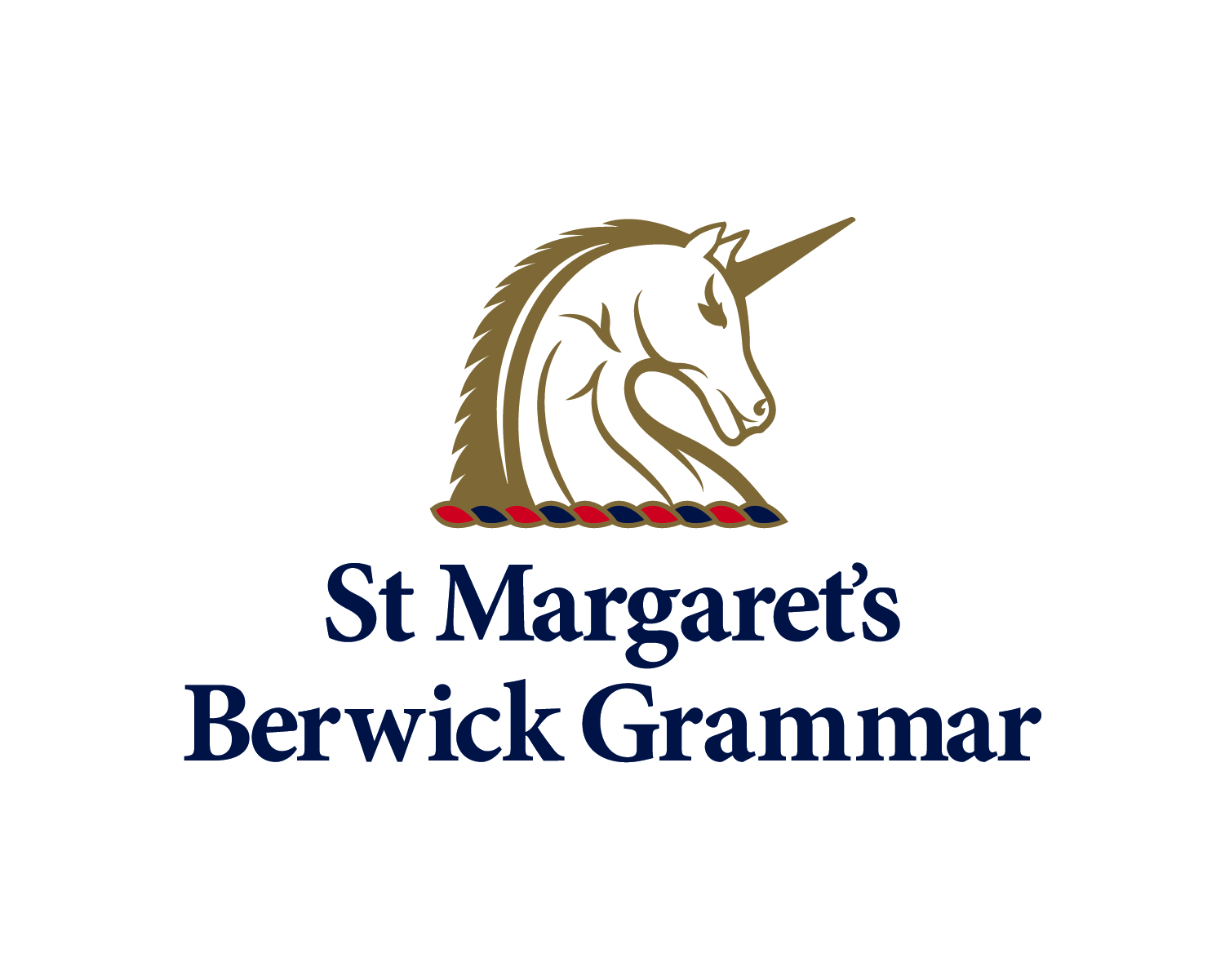
Curiosity – A Wellbeing Element?
Curiosity comes from the Latin “to care” , meaning to care enough to ask real questions…
As one of our school values, curiosity is one of the nine facets of the Wellbeing Hive. Why would curiosity be a wellbeing element? This is an interesting place to start.
Like many of you, I grew up watching The Curiosity Show and this sparked an interest in Science for me – now I am a science teacher. But curiosity does not just relate to Science, although it is imperative that if you are a scientist you are curious.
One could argue that all creativity starts with curiosity. Think about this, what makes a child draw on the wall? They are curious, they want to know what will happen both in the artistic sense and they will also learn that it will generate a few other responses too. All learning stems from the ability to be curious. How does that work? Why do people do that? What happens if? Is there another way to look at this? What happened immediately before this? Why do I feel like this? This learning can be purely personal, or academic, or interpersonal. Seems true enough, the real question is how do we spark curiosity in a person that has no apparent interest?
This is where teachers often work, curiosity can be contagious, thus they must exude it for their subject matter, learning and life, to inspire others. We must resist the temptation to be a source of all knowledge, develop the ability to take risks by allowing for mistakes and encouraging breaking from the script.
For this to occur a classroom must be an area of great trust and a teacher must have humility and share their vulnerability, as there must be the possibility that you may not know everything or that you may in fact make a mistake. Therefore, I spend so much time getting to know my students, what they enjoy and value and what they may be afraid of. I also make sure I make the odd mistake.
This is not a new idea. When you just scratch the surface of the research around curiosity it is easy to conclude that curiosity is what will drive us forward as a race. Bill Gates says that curiosity is his most important characteristic, and that his enjoyment of analysing why things do and don’t happen is what makes him so successful. Companies that encourage curiosity and rigorous debate have the most innovative teams; Apple, Google and Facebook are renowned for challenging their staff to be curious.
To cultivate this value in ourselves – start by asking why? And when your child, partner, colleague or friend expresses curiosity in the world around us, rather than giving an answer or saying that is they way it is and we can’t change that, investigate why things are the way they are and ponder together, are there other solutions or answers? This will drive us all forward. Don’t be afraid. Be curious.
WHAT THE SCIENCE SAYS
Research findings on the benefits of curiosity found that curiosity is one of the 5 strengths most reliably linked to satisfaction with life. Curiosity also is associated with happiness, health, longevity, and positive social relationships. Curious people are more attracted to activities that offer opportunities for growth, competence, and higher levels of stimulation. Thus, they are likely to report having personal goals aimed at self-improvement, such as wanting to know more about their character strengths! Curiosity is often the entry point to many lifelong hobbies, passions, and pursuits.
Want to explore curiosity more? Check these out:
https://www.youtube.com/watch?v=FRiEJIEbTDo
https://www.viacharacter.org/character-strengths/curiosity
https://greatergood.berkeley.edu/article/item/six_surprising_benefits_of_curiosity






